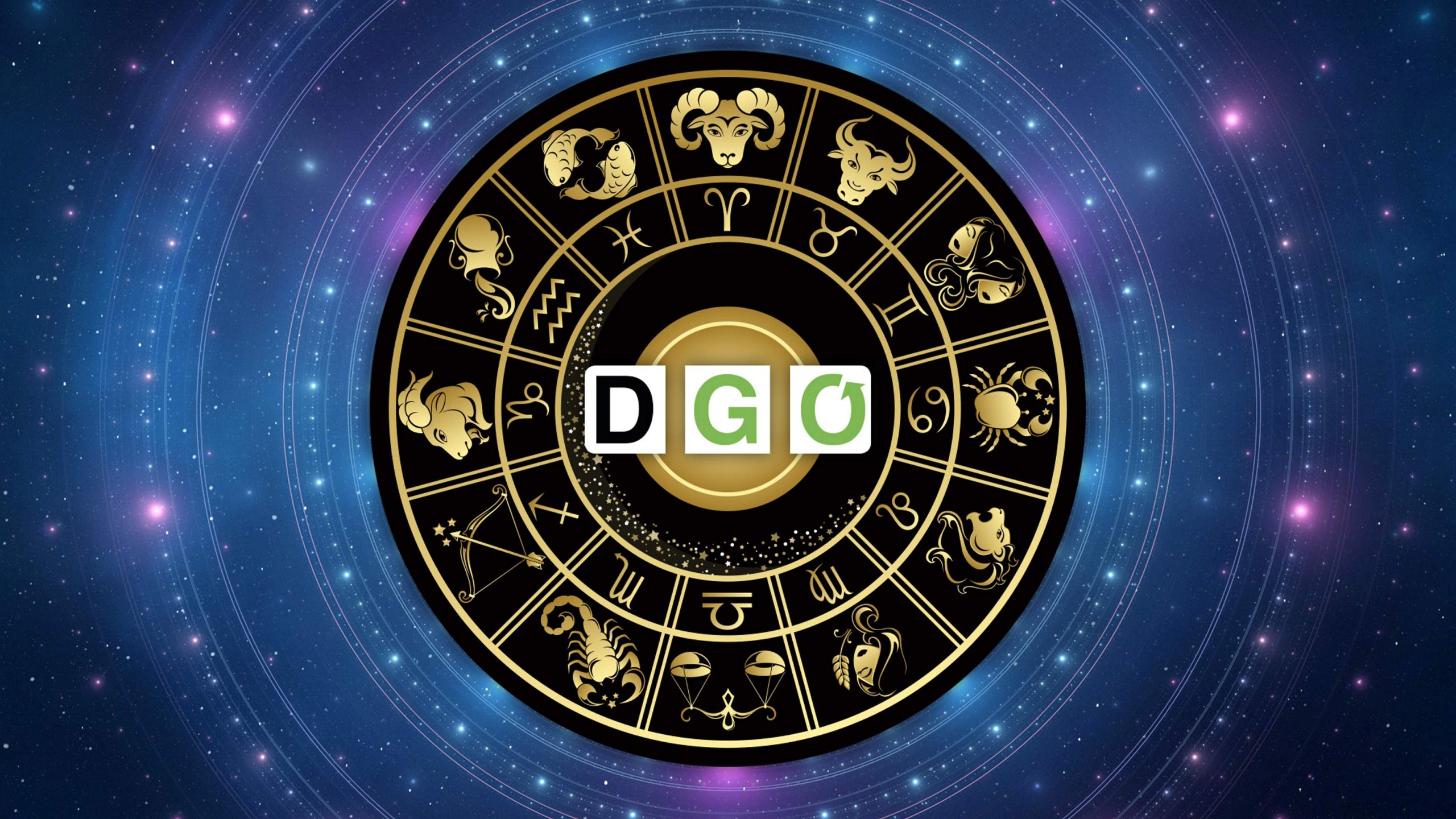Living with ambiguity can be hard. Look no further than the dating scene, where no one involved can figure out if that thing that just happened was a date, and where shadows of “she likes me … but does she like-me like-me?” loom.
Overall, there seems to be a general reluctance with ambiguity in our culture, in favor of good/bad, black/white binaries, where everything either sucks or doesn’t, where the lines in the sand are clear, where our for-it-or-against-it political system is so polarized and devoid of nuance to the point of crippling dysfunction, where there is always an us and always a them.
And, at times, for good reason: Distinction, clear answers, single tracks, road maps and a one-or-the-other mentalities can make life simpler. There’s less to think about and worry about. There is security in clinging to what we already know. If it was a date and I know that she definitely likes-me likes-me, or even if she simply just likes me (the dreaded friend zone), how to proceed becomes clearer. If nobody knows if it was a date and she’s throwing out mixed signals, then the possibilities for proceeding become infinite, which is when I start Googling the nearest monasteries.
But eschewing ambiguity can also be limiting, where we close ourselves off to new ideas, possibilities and experiences in favor of what is simple, conceivable and known.
I found myself thinking about ambiguity after a conversation I had with Ryan Shriver, philosophy professor at Fort Lewis College with a particular interest in aesthetics.
I met Shriver in that Durango kind of way, where you’re hanging with a friend, and then a friend of that friend joins and suddenly you’re in a conversation with the new friend about the nature of beauty in the context of Japanese aesthetics.
Shriver spoke eloquently on the dynamic and complex culture of aesthetics in places like Japan, which he has studied extensively. For instance, they have a word – mono no aware – that means a mix of pleasurable sweetness and melancholy sadness that comes with the eternal passing of things; or the word yogen, which translates loosely to when you see something and it alludes to something bigger, deeper and darker than what’s actually shown.
Ultimately, the conversation kept coming back to ambiguity, mainly when it comes to viewing and appreciating art. For Shriver, aesthetics is about making efforts to see the world as it is and on its own terms instead of forcing things into a box made of the subjective experiences and the arbitrary beliefs each of us brings when examining and evaluating anything: Art, music, political issues, potential mates.
“If you come in with a bunch of baggage of ‘This is what an art object should look like,’ then you’re bound to be upset all the time,” Shriver said.
Shriver said the key to aesthetic appreciation is approaching everything with openness, availability and disinterestedness. When we get beyond those good/bad binaries, “We begin to see the world in terms of a pluralism or multiplicity, which opens up possibilities and makes for a richer context if you don’t reduce everything to good/bad,” he said.
Like any good professor, Shriver brought all the abstractions into the real world, demonstrating why something like aesthetics are relevant to all of us.
“It’s all about becoming comfortable with ambiguity. It’s not always easy. It’s a lot easier when you have an answer and something definite. I don’t think the world is the way we’d like it to be, like simple answers,” he said. “The world seems to be nonreducable. It’s always upsetting your expectations. When you think you’ve got it down, you don’t. It always slips through your fingers. I feel like the more you fight that, the more internally you’re not at ease.”
David Holub













